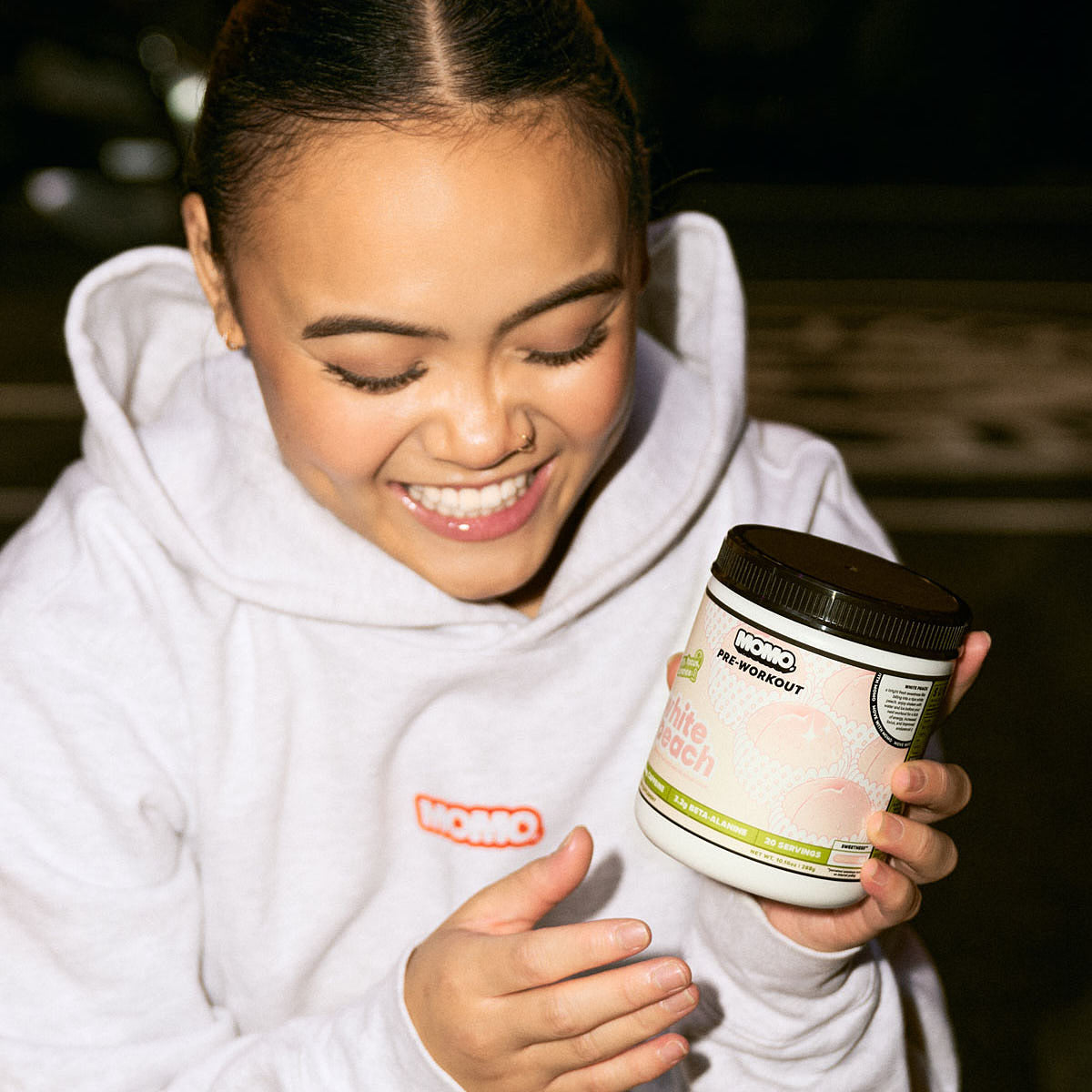4 minute read
Will Protein Make Me Fat if I Don't Work Out?
I overheard a conversation at a coffee shop:
Guy 1: Oh you work out, do you drink protein shakes and stuff?
Guy 2: Yeah, protein shakes
Guy 1: What happens if I drink a protein shake and don’t work out? It turns into fat, right?
Guy 2: Yeahh, you have to work out :/
Never in my life did I want to insert myself into a conversation more than in this moment, but I continued eating my croissant and minding my business. Instead, I’ll explain to you why that’s not how that works :)
1. calories - dictate weight gain, not protein
Body‑fat storage is about energy balance. If you eat more calories than you burn, your body stores surplus mostly as fat - whether those calories come from croissants or chicken breast. As long as your total intake sits at or below maintenance, adding extra protein won’t suddenly turn on fat‑storage just because you skipped the gym.
2. protein is actually harder to store as fat
Your body has to work to break protein down which means it burns calories in the process. Roughly 20–30 % of protein calories get burned off as heat during digestion (the “thermic effect of food”), compared with 5–10 % for carbs and ~0 % for fats. That metabolic toll means fewer net calories left over to stash away, aka a “faster metabolism”.
3. extra protein supports muscle maintenance - even on rest days
Muscle isn’t built only in the gym; it’s repaired in the downtime afterward. Eating enough protein helps hold onto lean mass when you’re less active or cutting calories. If you’re strength training consistently but aren’t seeing much progress or change, you may be under-eating protein.
More muscle → higher resting metabolism → easier to manage weight/fat.
4. protein keeps you fuller, so you’re less likely to over‑snack
Protein triggers satiety hormones and slows stomach emptying so you’re less likely to mindlessly snack if you’re feeling hungry. If you’re a snack-lover trying to lose weight, making sure you hit your protein goal is a good way to keep yourself full and less likely to reach for snacks, reducing your overall calorie intake.
5. what if you eat A LOT of protein?
As I mentioned in the first point, eating at maintenance means you’ll stay the same weight. But, if you eat in excess of at least 3500 extra calories per week consistently, you will gain weight - regardless of whether it’s protein or not.
The rule of thumb is to shoot for 1g of protein per pound of your goal body weight if you want to build and maintain muscle and/or generally eat a more satiating diet. You could eat more, which may be more beneficial for maintaining muscle on a cut or if you’re an athlete, but it may be hard on your digestion.
tl;dr: protein by itself will not make you fat. Weight gain comes from consistent calorie surplus, not from drinking a protein shake on your rest day. Prioritize protein in your meals, keep your overall calorie intake in check, and you’re on your way!
written by: ivy, co-founder of momo®
photo by bernice tong



